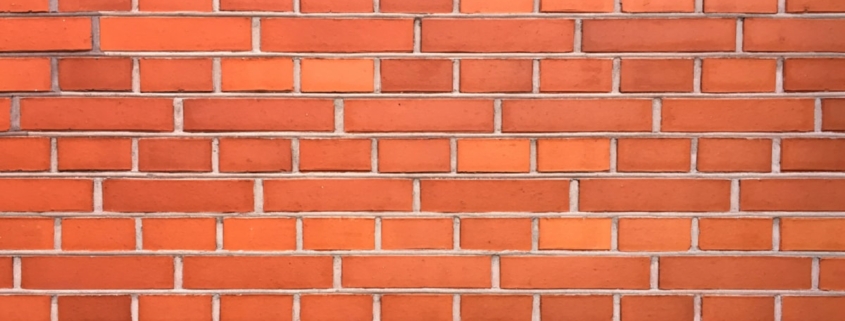{The Future of Construction: How Technology is Changing the Industry|Top Trends Shaping the Construction Industry Today|Construction Innovation: Technological Advancements in Building Sector|Emerging Technologies and Their Impact on the Construction Industry|Advanced Construction Technology: The Future 60382 913
The construction industry is embracing the future with open arms. Technology is at the forefront of this revolution, with innovative advancements shaping the way we build. The impact of these technologies is significant, altering everything from project planning to implementation and maintenance.
The rise of BIM is a prime example of this shift. This technology allows for 3D visualization of a project before the first brick is laid, facilitating enhanced planning and coordination among teams. It gives a virtual prototype of the construction project, allowing for adjustments to be made before physical construction begins. This not only reduces errors but also saves time and cuts costs.
Drones are another technological innovation revolutionizing the construction industry. These flying devices provide aerial views of construction sites, making site inspections safer and more efficient. The high-resolution imagery captured by drones can be used for everything from surveying the construction site to monitoring progress and identifying potential issues.
The integration of Artificial Intelligence (AI) and robotics in construction is also paving the way for the future. Robots can perform tasks like bricklaying and concrete dispensing, increasing efficiency and reducing the risk of human error. AI, on the other hand, can help with project management, predictive maintenance, and risk mitigation. It’s not hard to see why these technologies are being adopted by the construction industry.
The use of AR and VR is another trend that’s making waves in the construction industry. These technologies allow for immersive experiences, helping architects, designers, and clients visualize the final product in a more realistic way. These tools can also be used for training purposes, creating a safe environment for workers to learn new skills.
Finally, Additive Manufacturing is set to revolutionize the construction industry. This technology allows for rapid prototyping and the production of complex structures with relative ease. It also opens the door to more sustainable construction methods, as 3D printed buildings require less material and generate less waste.
In conclusion, the future of construction is promising, thanks to the advent of new technologies. From BIM and drones to AI, AR, VR, and 3D printing, these advancements are not just improving the way we build – they’re completely reshaping the construction industry. As these technologies continue to evolve, we can expect to see even more transformation in the years to come.
For more details, check best Roofing Services Dublin or visit their Roofing Dublin business listing here.



